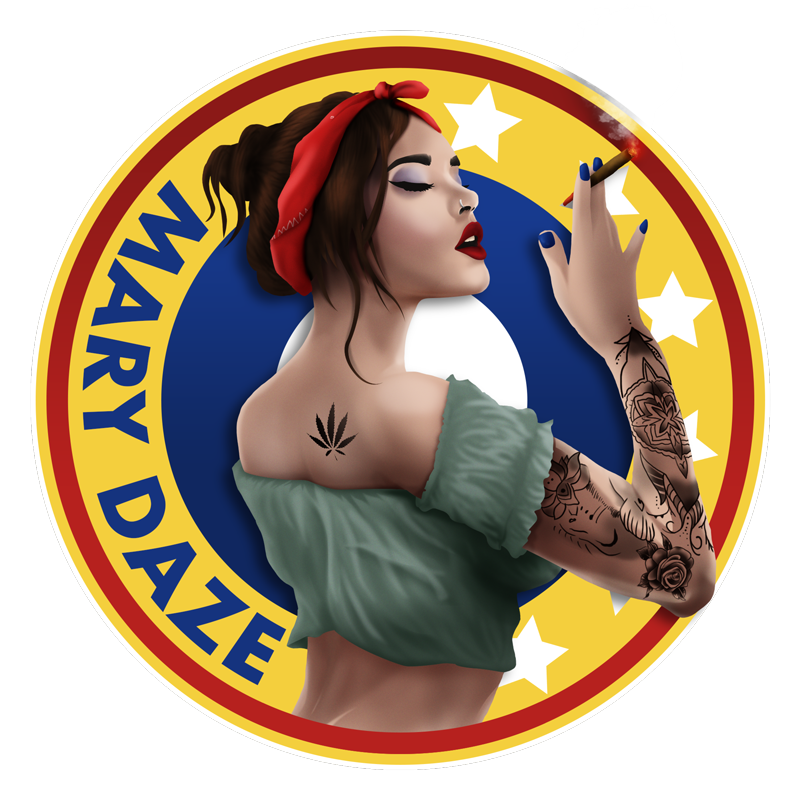
Mental Health and Cannabis: Is Cannabis a Depressant?
Is Cannabis a Depressant?

Do you ever wonder if ” Cannabis is a depressant?” Cannabis and its active ingredient THC can both affect the central nervous system. This means that THC affects coordination, pleasure, and memory. It can also impair the central nervous system and lead to drowsiness. In large doses, depressants can lead to coma and even death. Cannabis, however, cannot cause a coma. Stimulants, on the other hand, stimulate the nervous system and are highly addictive.
THC affects coordination
Marijuana is a psychoactive drug that contains a chemical known as THC. This component affects the nervous system in a variety of ways, including affecting mood, perception, and coordination. It is classified as a hallucinogen by the Drug Enforcement Administration (DEA) and the Centers for Disease Control and Prevention (CDC). It alters brain activity and can cause changes in perception and cognition. This makes it one of the most widely used psychoactive drugs.
Pleasure
There has been a lot of debate surrounding the drug cannabis. Some people say it’s a depressant, while others claim it is not. Cannabis is classified as a Schedule I drug by the federal government. This means that it has been prohibited from being used recreationally. The United States federal government classifies drugs into four broad categories: opiates, depressants, hallucinogens, and stimulants. The class that cannabis falls into is called Tetrahydrocannabinols. This classification includes the isomers of the chemical compound THC.
Thinking
Marijuana has several effects that are considered depressive, according to the National Institute on Drug Abuse. These effects depend on several factors, including the type of marijuana and concentrations of active ingredients. They can also affect the person’s body chemistry and metabolism.
Memory
Is Cannabis a depressant? Yes, is classified as a depressant based on its effect on the central nervous system. Depressants can slow down brain activity, reduce anxiety and muscle tension, or make a person sleepy. The depressant properties of cannabis slow down messages to and from the brain, which can result in drowsiness, sleeplessness, and loss of short-term memory. Research shows that the depressive effects of marijuana depend on the amount of THC a person takes. The lower the dose, the less depressant the effect.
Time perception
When smoking cannabis, our perception of time changes. When we’re stoned, it can feel like time is flowing past faster than we’d like. We may wonder if we’ve fallen through a wormhole or been abducted by aliens. During this time, we also experience longer, more intense fantasies, which may be affecting our time perception.
Cannabidiol has antidepressant properties
Cannabidiol, a chemical compound found in cannabis, has been shown to have antidepressant properties. A 2014 study conducted on mice demonstrated that cannabidiol has an antidepressant effect. Although further studies are necessary to confirm these results, the preliminary findings suggest that CBD is an effective antidepressant.
Interactions with prescription drugs
Research shows that cannabis may interact with prescription drugs. The psychoactive ingredient in marijuana, cannabinoids, interacts with two families of enzymes that help your body metabolize a wide variety of drugs. As a result, these interactions can cause unwanted side effects or even toxicity. They can also increase the chance of accidental overdose.
Hallucinogenic effects
Hallucinogens, also known as psychedelic drugs, affect a person’s perception of reality. They can be derived from plants or synthetically manufactured. The effects of hallucinogens are often unpleasant, including the ability to see things that are not real. They may be quick to take effect or take much longer. The act of being under the influence of a hallucinogen is called “tripping.” Certain plants, like cannabis, are naturally rich in hallucinogenic substances. The hallucinogen mescaline is found in the peyote cactus, while psilocybin is found in certain mushrooms.


